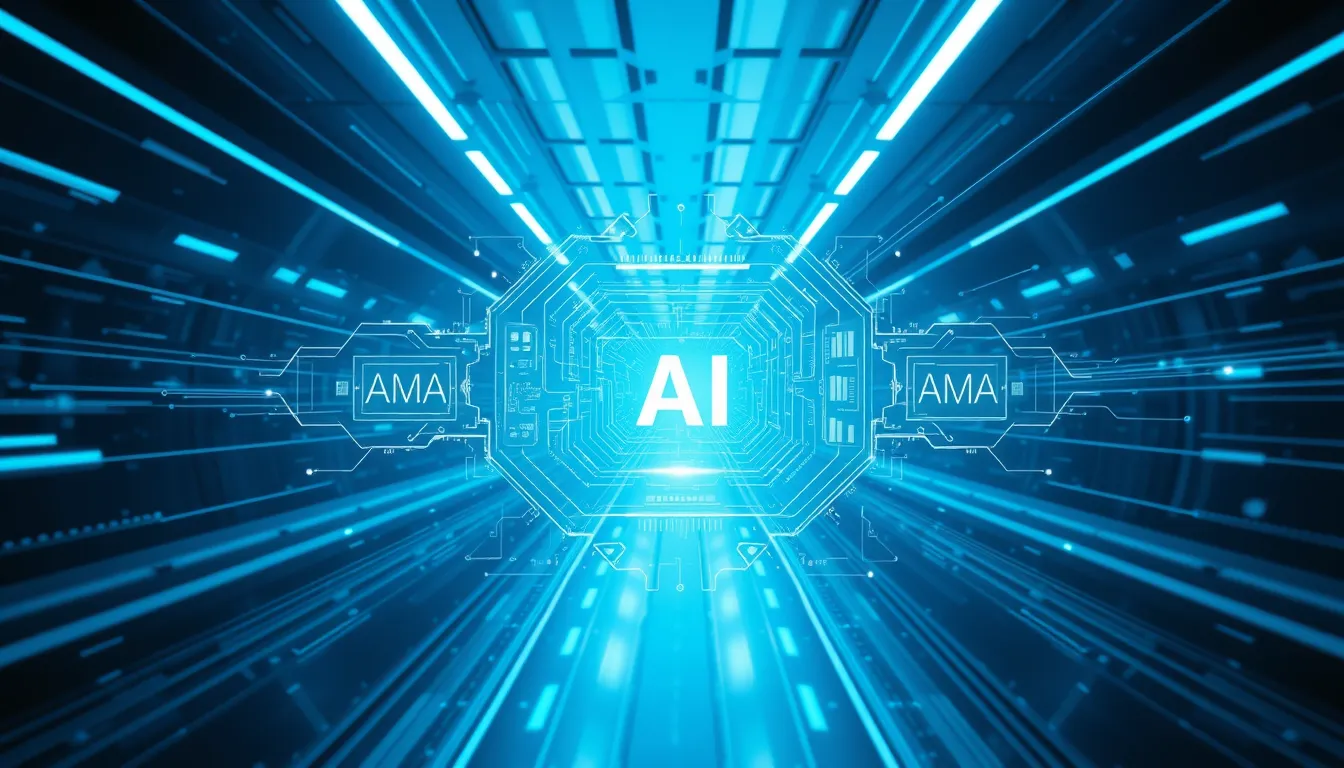Now Reading: AI Gender Equality: Confronting Bias & Oppression
-
01
AI Gender Equality: Confronting Bias & Oppression
AI Gender Equality: Confronting Bias & Oppression

AI Gender Equality: Confronting Bias & Oppression
In today’s digital era, the rapid advancement of artificial intelligence has created both unprecedented opportunities and complex challenges. Central to this debate is the concept of AI gender equality – the commitment to ensuring that AI technologies are fair, unbiased, and inclusive. As we explore the evolving landscape, it becomes increasingly clear that issues such as algorithmic bias, deepfakes, and regulatory shortcomings put women at a significant disadvantage.
Understanding AI Gender Equality
The term AI gender equality refers to the pursuit of fairness in artificial intelligence. This is not just about equal access; it’s about resisting systems that inadvertently promote discrimination. Many argue that if AI is to serve as a tool for empowerment rather than oppression, its design and deployment must be carefully scrutinized. Key concerns include:
- How AI deepfakes oppress women by creating non-consensual and misleading content.
- The impact of algorithmic bias on women’s employment, which often results from historical prejudices encoded in data.
- How ethical AI for gender justice can create a framework for more inclusive technology.
The Role of Algorithmic Bias in Women’s Oppression
Algorithmic bias remains one of the most critical barriers to achieving true AI gender equality. When AI systems are trained on historical data that reflect past inequalities, the results can perpetuate and even exacerbate discrimination. For example, biased algorithms are often found in hiring practices, criminal justice applications, and even recommendation systems. This perpetuates a cycle where:
- Historical data leads to biased decision-making.
- Biased decisions further entrench existing power imbalances.
- Women find themselves increasingly marginalized in both digital and physical spheres.
Addressing these issues requires a deep reevaluation of the data and methods used to train AI, ensuring that algorithmic decisions are transparent and fair.
The Dark Side of Deepfakes Against Women
Deepfakes are transforming the conversation around privacy and personal safety. These artificially generated videos and audios have increasingly been used to target women, often in harmful and manipulative ways. The phenomenon of deepfakes is particularly alarming when considering how AI deepfakes oppress women:
- They facilitate non-consensual explicit content.
- They tarnish reputations and create false narratives.
- They erode trust in digital media by blurring the lines between fact and fiction.
The psychological and economic damage inflicted by deepfakes necessitates robust countermeasures, including technological safeguards and legal frameworks.
Promoting Tech Diversity in AI
A critical element in the debate over AI gender equality is the lack of diversity within the tech industry. When the creators of AI technologies come predominantly from similar demographic and cultural backgrounds, the resulting systems may fail to address or understand the complex needs of women. Emphasizing tech diversity in AI can help mitigate bias and bring fresh perspectives to the design process. Companies can drive change by:
- Recruiting talent from diverse backgrounds.
- Implementing bias audits during development.
- Encouraging inclusive design practices that consider a wide range of experiences and identities.
Regulatory Frameworks and Ethical AI for Gender Justice
As AI technologies become more pervasive, there is a growing consensus on the need for regulatory frameworks to ensure transparency, accountability, and fairness. The call for regulatory frameworks is not just about compliance—it’s a moral imperative to protect vulnerable groups and ensure that technology works for everyone. Policy recommendations include:
- Establishing clear guidelines for data usage and algorithm training.
- Creating oversight bodies to monitor AI deployments for gender bias.
- Fostering international cooperation to adopt best practices in ethical AI for gender justice.
These steps are essential to prevent the misuse of AI, whether through subtle biases or overt manipulation via deepfakes.
Global Implications and Path Forward
The conversation surrounding AI gender equality extends well beyond local or national borders. Globally, digital innovations intersect with cultural norms and existing social challenges. In many regions, women already face significant hurdles, and unchecked AI implementations risk amplifying these challenges. International collaboration is critical in developing solutions that are sensitive to local contexts while adhering to universal principles of justice and equality.
Practical steps moving forward include:
- Encouraging cross-border partnerships between governments, tech companies, and civil society.
- Investing in research to better understand the unique challenges women face in different cultural contexts.
- Promoting education and awareness about the ethical use of AI.
These initiatives can help ensure that future technological advancements contribute to empowerment and inclusivity, rather than entrenching old prejudices.
Conclusion
In conclusion, the journey towards achieving AI gender equality involves a critical examination of the ways in which advanced technology affects the lives of women. Issues such as algorithmic bias, deepfakes, and the lack of diversity in tech development underscore the need for thoughtful, inclusive, and ethically guided approaches. By implementing robust regulatory frameworks, promoting tech diversity, and fostering international collaboration, we can transform AI from a tool of oppression into a catalyst for empowerment and social change. It is only through these concerted efforts that society can ensure that the promise of AI is realized for all, paving the way for a more just and equitable future.

























